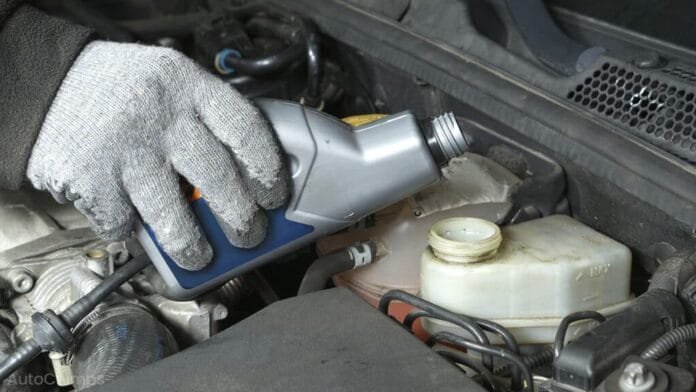Understanding the Role of Coolant
Coolant, commonly referred to as antifreeze, is critical for regulating the temperature of your vehicle’s engine. It prevents overheating and ensures that components operate smoothly. A low coolant level can lead to significant issues that every car owner should be aware of.

Consequences of Running Out of Coolant
When your car runs out of coolant, your engine may experience severe heat buildup. This excess heat can lead to engine cut-off, where the vehicle ceases to function to protect its internal components. Ignoring the low coolant warning could ultimately result in costly engine repairs.
In addition to engine failure, a lack of coolant impacts your car‘s heating system. The heater relies on the coolant’s absorbed heat; without adequate coolant, the heater may not blow warm air, making winter driving uncomfortable. Moreover, a low coolant level can lead to mediocre fuel economy, as the engine fails to operate at optimal temperatures—resulting in increased fuel consumption and greenhouse gas emissions.
Preventive Measures
To avoid the dire consequences of running out of coolant, you should check your car’s coolant levels regularly, ideally before each journey. Ensure that the coolant is maintained at safe levels between the maximum and minimum lines in the auxiliary tank. Additionally, always observe the temperature gauge while driving; if it spikes, stop immediately and assess the situation.
For proper maintenance, consider using specialized coolant, which conducts heat effectively and reduces the buildup of residue. Regular checks for leaks will help catch potential issues early, preventing further damage to your vehicle. Remember, staying proactive about coolant levels is essential for the longevity and efficiency of your car.


